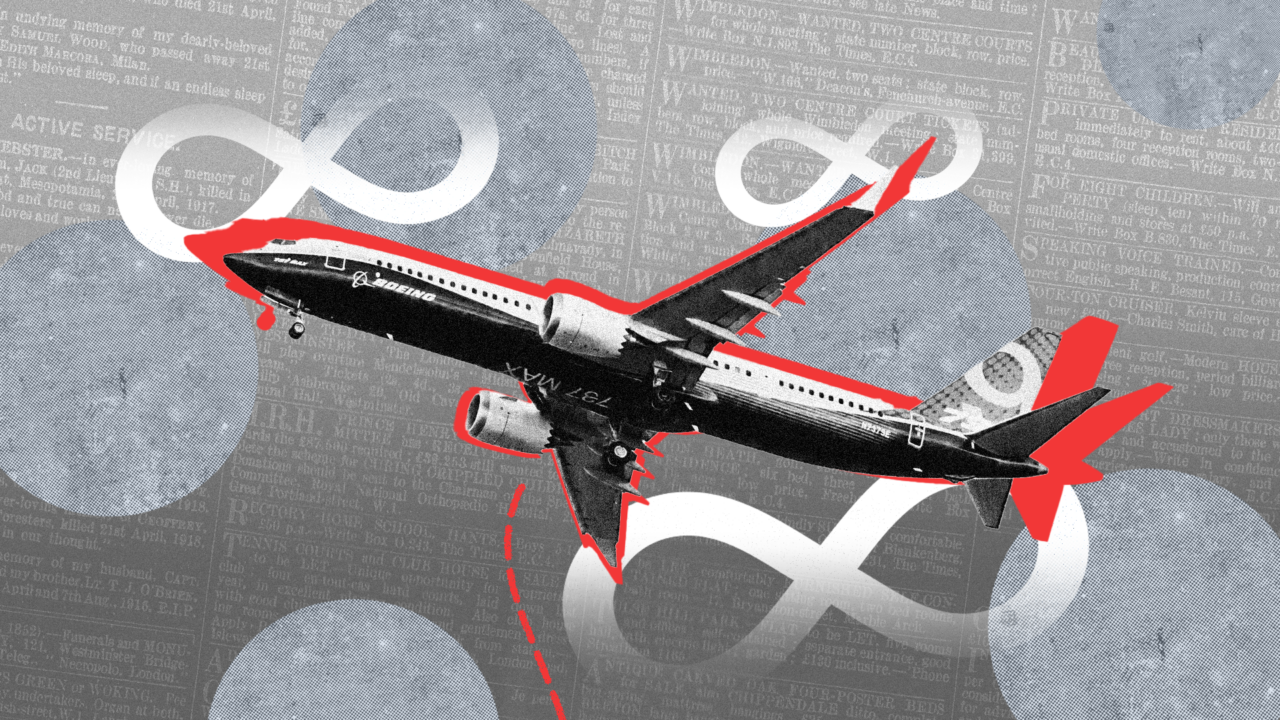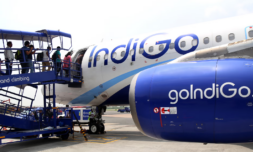The budget airline is offering a new ‘All You Can Fly’ membership, but how bad is it for the planet, really?
Wizz Air, a Hungarian budget airline that offers routes across Europe and parts of the Middle East, has just launched an ‘All You Can Fly’ pass for €599 per year.
The membership allows customers to fly as much as they want throughout the year, with a flat fee of €9.99 per flight (on top of the cost of the pass).
It might sound like a steal for someone who loves to travel, especially as the offer includes all routes provided by Wizz Air. But like most things, it comes with some…limitations.
The catch? You can only book flights three days ahead of the departure, with seats subject to availability. This means that anyone expecting guaranteed travel options will be sorely disappointed. However, for those with flexible schedules and a knack for last-minute spontaneity, the pass is tempting.
That €9 per flight fee may add up quickly if you’re planning to fly often, but it’s a small price compared to the usual cost of a flight – an excellent example of psychological pricing.
By anchoring customers to the low, fixed annual price, Wizz Air has made that €9 seem insignificant, even though it generates a steady revenue stream for the airline.
Wizz Air has launched an unlimited flight package for £445 (going up to £534 from 16 August) plus a £9 flat fee for each trip.
BUT there is a catch, you can only book flights within 72-hours of them taking off.
Is this a type of deal you'd be interested in?
— MoneySavingExpert Deals (@MSE_Deals) August 14, 2024
Nonetheless, it’s impossible to ignore the burning question of climate impact. The environmental consequences of air travel are common knowledge, so it’s understandable that critics have been quick to call out the long term impacts of unlimited air travel.
The aviation industry is a known contributor to climate change, accounting for around 2-3% of global carbon emissions. Offering unlimited flights at a fixed cost certainly feels out of step with the growing pressure on companies to reduce their ecological impact.
Unlimited flying for one flat fee could lead to an increase in unnecessary flights. Travelers might feel inclined to take more weekend getaways simply because they can, creating more emissions in the process. For a world already grappling with climate change, the timing of the launch feels particularly tone-deaf.
Wizz Air, like other budget airlines, argues that it operates efficiently, with newer, more fuel-efficient planes and tight seating configurations. Yet, no amount of efficiency can erase the fact that more flights mean more fuel burned.




















